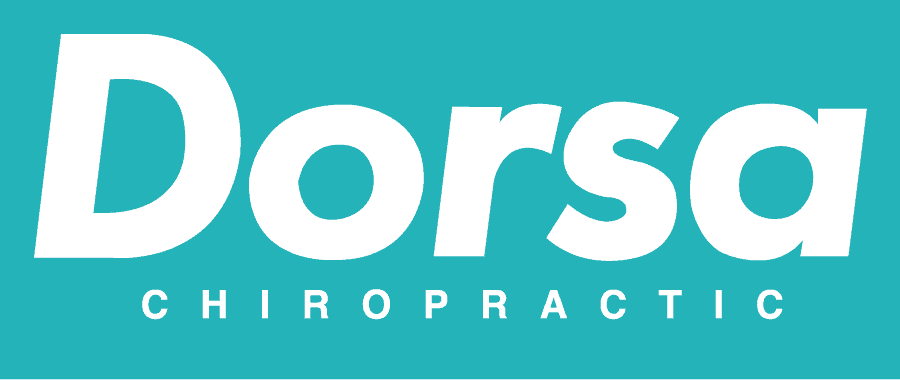Prenatal massage therapy, a specialized form of bodywork, offers expectant mothers a safe and soothing way to alleviate the physical and emotional stresses that accompany pregnancy. Tailored to the unique needs of pregnant women, this gentle yet effective massage modality aims to promote relaxation, reduce discomfort, and enhance overall well-being during the transformative journey of pregnancy. In this exploration, we delve into the techniques, benefits, and considerations that define prenatal massage therapy.
The Core Techniques:
- Gentle Strokes and Light Pressure:
- Prenatal massage employs gentle, flowing strokes and light pressure to ensure the comfort and safety of the expectant mother.
- The goal is to provide relaxation without putting undue pressure on sensitive areas.
- Side-Lying Positioning:
- Prenatal massage often utilizes a side-lying positioning system to accommodate the changing body of the pregnant woman, ensuring comfort and safety.
- Some specialized prenatal massage tables, like those here at Dorsa Chiropractic, feature a belly basket – a central hole designed to cradle and support the pregnant belly, allowing women to comfortably lie on their stomachs during the massage.
- This innovative belly basket design enhances the massage experience for expectant mothers, providing additional support and ensuring a relaxing and safe session.
-
- Focus on Areas of Discomfort:
- Prenatal massage addresses common areas of discomfort during pregnancy, such as the lower back, hips, and swollen ankles.
- Gentle kneading and circular motions help alleviate tension and improve circulation in these areas.
- Lymphatic Drainage:
- Lymphatic drainage techniques are used to reduce swelling and promote the natural detoxification processes that may be affected during pregnancy.
- Emphasis on Emotional Well-Being:
- Prenatal massage recognizes the emotional aspects of pregnancy, incorporating techniques that promote relaxation and reduce stress and anxiety.
- Calming aromatherapy and soothing music are often incorporated to enhance the overall experience.
Benefits of Prenatal Massage Therapy:
- Pain Relief:
- Prenatal massage helps alleviate common pregnancy-related discomforts, including back pain, sciatic nerve pain, and muscle tension.
- Reduced Swelling:
- Lymphatic drainage techniques assist in reducing swelling in the hands and feet, a common concern during pregnancy.
- Improved Sleep Quality:
- The relaxation induced by prenatal massage contributes to improved sleep quality, a valuable benefit for expectant mothers.
- Enhanced Mood:
- The release of endorphins and the reduction of stress hormones contribute to an improved mood and emotional well-being.
- Bonding Experience:
- Prenatal massage provides an opportunity for mothers to connect with their changing bodies and the growing life within.
Considerations and Safety:
- Timing:
- Prenatal massage is generally safe throughout all stages of pregnancy, but it is advisable to wait until the second trimester to ensure the stability of the pregnancy.
- Communication:
- Open communication between the expectant mother and the massage therapist is crucial to address specific concerns and tailor the session accordingly.
- Certification and Expertise:
- Choosing a certified prenatal massage therapist ensures that the practitioner has the expertise and training to safely and effectively perform massages for pregnant women.
Prenatal massage therapy stands as a gentle and nurturing practice, offering expectant mothers a respite from the physical and emotional demands of pregnancy. With its focus on comfort, safety, and holistic well-being, prenatal massage is not only a moment of relaxation but a celebration of the transformative journey of motherhood. As a modality that embraces the unique needs of pregnant women, prenatal massage therapy stands as a testament to the compassionate and inclusive nature of therapeutic touch.

